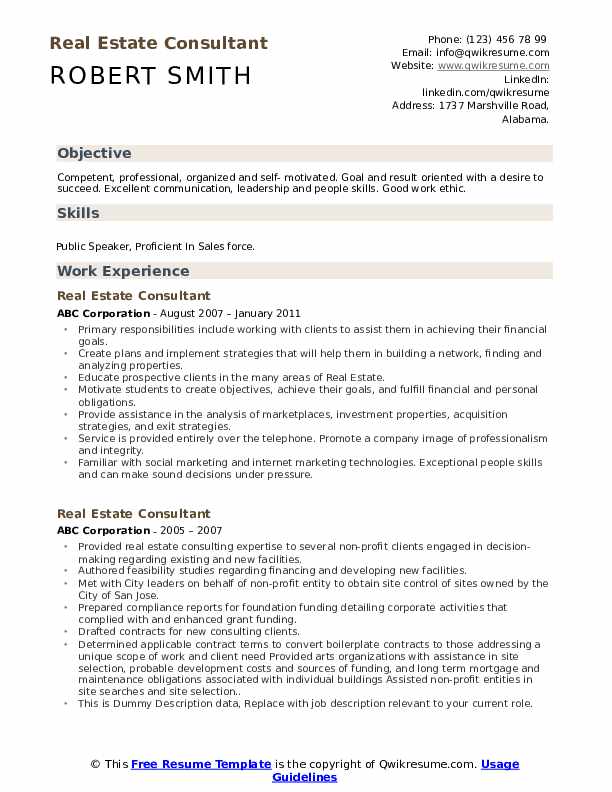
Ramboll has hired three new senior managers consultants to its London- and Leeds-based practices. Graham Harker, Jeffrey Franklin, and Richard Wood are the new senior management consultants. Each will be responsible for leading a team that specializes on environmental risk management and impact assessment. Their combined experience will offer the firm a wealth of knowledge for its clients.
Richard Wood
Richard Wood, Ramboll Environmental's Chief Executive Officer, has over thirty years of experience in civil engineering and environmental consulting. His expertise includes project management, planning and design, as well as environmental permitting and project management. He also has experience in various projects such as wastewater treatment, potable drinking water treatment, energy and resource efficiency. His expertise also extends to project management and budget tracking.
Wood joins the firm having previously worked for the Environment Agency for more than 20 years as an environmental regulatory officer and auditor. The company also revealed the appointment of Dr Graham Harker to its Birmingham-based air quality team. The appointments are expected to lead the company's UK environment practice, which is experiencing considerable growth.

Wood has extensive knowledge of federally-funded projects across a variety fields. His background includes preparing designs, specifications, and studies for hazardous waste handling facilities, asbestos consulting services, and facility design. He is a Licensed Asbestos Consultant and a Certified Professional Engineer in Florida.
Graham Harker
Ramboll has appointed six senior employees to its UK environment team. These professionals will work in Ramboll's London, Leeds and Manchester offices. Richard Wood joins the company as a senior consultant and managing director. He has 20 years experience as an Environment Agency Environment and Regulatory officer.
Rob Steer, who is based in Manchester, has been appointed Principal. He has extensive experience in safety management and CST, and will broaden the company's offering in this area. The new Principal will offer guidance to a wide range of clients. Finally, Dr Philip Rogers is a welcome addition to the firm's senior management team.
Jeffrey Franklin
Jeff Franklin has been promoted into the position of senior management consultant for Ramboll UK environment practice. He has been the Environment Agency's Environment and Regulator Officer for over 20 years. He has over 20 year's experience in environmental regulations. He also has extensive experience with oil and gas project management. Franklin is also responsible for the UK's air-quality impact assessment practice.

Ramboll is pleased to announce several new additions to the team. Dr. Philip Rogers (a University of Greenwich Lecturer) has joined the company to serve as Senior Managing consultant and will lead the company’s ecology & biodiversity practice. Jeffrey Franklin, who has 15 years' experience providing safety and health risk management guidance, will join the firm’s London compliance practice.
FAQ
How do I choose a consultant?
Three main factors should be considered:
-
Experience - How experienced is this consultant? Is she a beginner? Intermediate? Advanced? Expert? Does her resume demonstrate that she has the required skills and knowledge
-
Education - What did this person learn during school? Did he/she take any relevant courses after graduating? Is there evidence that he/she learned from the writing style?
-
Personality - How do we feel about this person? Would you want this person to work for you?
-
These questions will help us determine if the consultant is right to meet our needs. If the answers to these questions are unclear, it might be worth a first interview to get more information about the candidate.
Is consulting a real job?
Consulting isn't just a career option for those who want to earn quick money. It's also a great place to gain valuable skills and build a foundation you can use in your future work.
Consulting offers many opportunities in project management as well as business development, strategy and training. It is possible to work on projects that range from small start ups to large, international corporations.
Consulting gives you the chance to grow and develop your skills. This could include learning to manage teams and write proposals, manage finances, analyze data, create presentations and conduct market research.
How much should a consultant charge?
It depends on what service you provide. If you are providing services for free, then there isn't any point in charging anything. However, if you are selling products or services, then you need to set prices based on value.
If you are offering low-quality services, you don't have much to sell. So why would anyone pay you anything?
You might be able ask for a more expensive price if your services are of high quality. People recognize the value in you offering. Customers who buy multiple services from you may qualify for discounts.
What kind of contracts can consultants sign?
When they are hired, most consultants sign standard employment contracts. These agreements specify how long the consultant will be working for the client and what he/she will be paid.
Contracts will also outline the areas of expertise and compensation for the consultant. A contract may state that the consultant will deliver training sessions or workshops, webinars, seminars and other services.
Sometimes, the consultant agrees to do certain tasks within a given time frame.
In addition to standard employment agreements, many consultants also sign independent contractor agreements. These agreements allow consultants to work independently while still receiving payment.
What happens after the consultant has finished the job?
After the consultant completes the work, s/he will submit a final report detailing the results of their work. This report includes the deliverables and project timelines.
You will then review the report to determine if the consultant fulfilled your expectations. You can request modifications or terminate your contract if the report is not satisfactory.
How is consulting different to freelancing
Freelancers, who are self-employed and provide services to clients without the need for employees, are independent contractors. They charge hourly rates depending on the amount of time spent on a client's projects. Consultants are usually employed by companies or agencies. They are often paid monthly or annually.
Freelancers tend to have more flexibility than consultants because they control their work hours and set their own prices. Consultants, however, often have better benefits such as retirement plans, vacation days, and health insurance.
How do I attract clients to my consultancy business
Finding a passion area is the first step. It can be anything you like, including public relations or social media. If you don't feel passionate about it, you might need to start small with web design. Once you have found the niche market, you need to understand why it works. What problems does it solve? Why should people use this? What can you do to support them?
You can also try approaching businesses directly - perhaps they need someone who understands SEO or content creation, or maybe they just want to know where to go for advice on social media strategy.
If all else fails, why not offer your services at free events like networking evenings and conferences? It's a great way to get in touch with potential customers, without spending too much on advertising.
Statistics
- 67% of consultants start their consulting businesses after quitting their jobs, while 33% start while they're still at their jobs. (consultingsuccess.com)
- According to statistics from the ONS, the UK has around 300,000 consultants, of which around 63,000 professionals work as management consultants. (consultancy.uk)
- On average, your program increases the sales team's performance by 33%. (consultingsuccess.com)
- WHY choose me: Why your ideal client should choose you (ex: 10 years of experience and 6-week program has helped over 20 clients boost their sales by an average of 33% in 6 months). (consultingsuccess.com)
- My 10 years of experience and 6-step program have helped over 20 clients boost their sales by an average of 33% in 6 months. (consultingsuccess.com)
External Links
How To
How To Find The Best Consultant?
When searching for a consultant, the first thing you should do is ask yourself what your expectations are. Before you start looking for someone to work with, it's important that you know your expectations. Make a list of everything you think you might need from a consultant. This could include: professional expertise and technical skills, project management capabilities, communication skills, availability, etc. Once you have identified your requirements, you might consider asking friends and colleagues to recommend you. Ask them what their experience with consultants was like and how they compare to yours. Try searching online for recommendations if you don’t have any. You will find many websites such as LinkedIn, Facebook Angie's List, Indeed and Indeed where people can leave reviews about their past work experiences. You can use the comments and ratings left by others to help you find potential candidates. Once you have a shortlist, be sure to contact potential candidates directly to schedule an interview. During the interview, you should talk through your requirements and ask them to explain how they can help you achieve those goals. It doesn’t matter who recommended them to you, just make sure they understand what you are trying to achieve and how they can help.